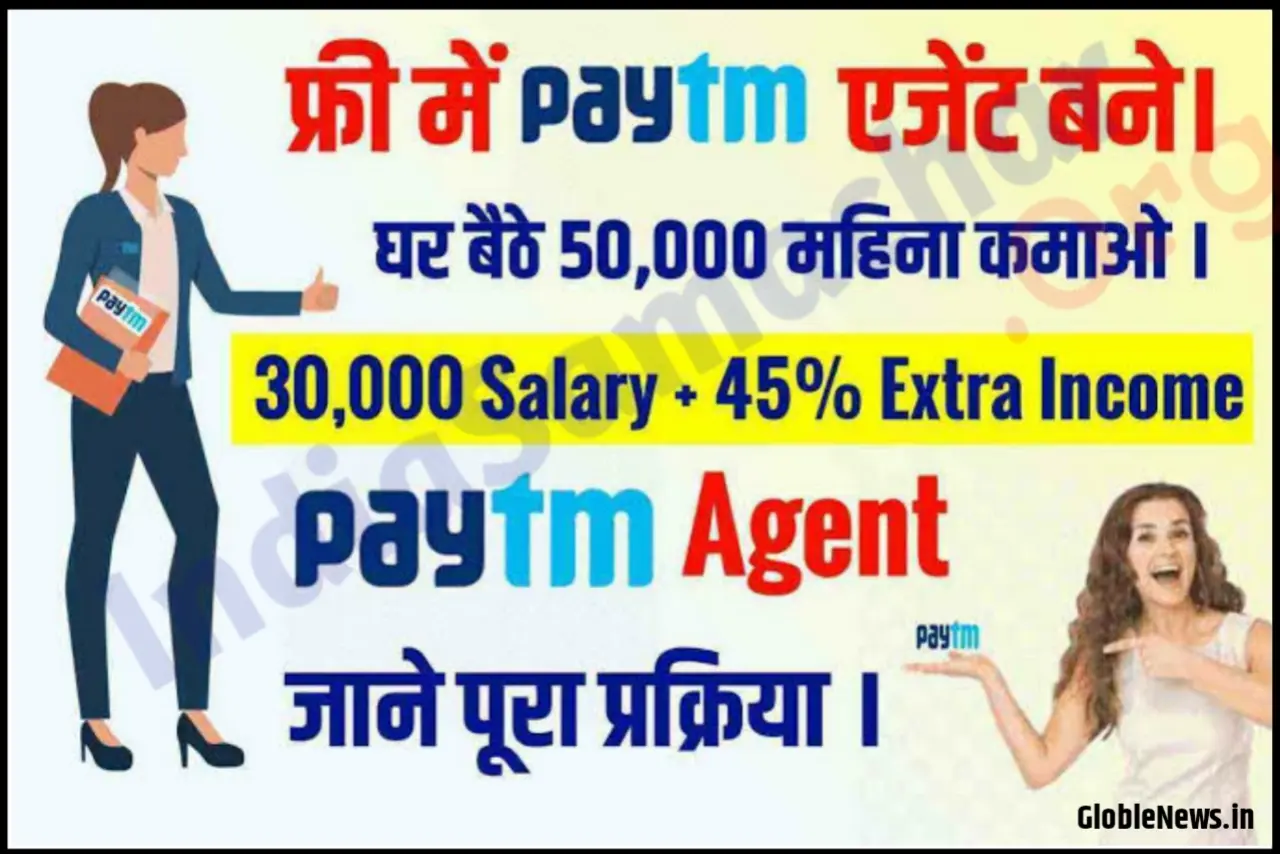Understanding the Different Types of Loans: Which One is Right for You?
Loans are a crucial financial tool that can help you achieve your financial goals. However, with so many types of loans available, it can be difficult to determine which one is right for you. Understanding the different types of loans and their features is essential in making an informed decision. In this article, we will discuss the various types of loans, their pros and cons, and help you determine which one is best for you.
Secured Loans
Secured loans are loans that are backed by collateral, which can be your home, car, or any other valuable asset. The collateral serves as a security for the lender, and in the event that the borrower defaults on the loan, the lender can seize the asset and sell it to recover their money. Because secured loans have collateral, they often come with lower interest rates and longer repayment terms. Some common types of secured loans include:
Mortgages: Mortgages are long-term loans used to purchase a home. They are secured by the property itself, and the interest rate can be fixed or adjustable. The repayment term for mortgages can range from 15 to 30 years.
Auto loans: Auto loans are loans used to purchase a vehicle. The car serves as collateral, and the loan term can range from 24 to 84 months. The interest rate for auto loans can be fixed or variable, and it is often lower than unsecured loans.
Home Equity Loans: Home equity loans allow homeowners to borrow against the equity in their homes. The loan amount is determined by the difference between the home’s value and the outstanding mortgage balance. Home equity loans have fixed interest rates and repayment terms ranging from 5 to 30 years.
Pros of secured loans:
Lower interest rates: Since the loan is backed by collateral, lenders are willing to offer lower interest rates.
Longer repayment terms: Secured loans have longer repayment terms, which can make it easier to manage your monthly payments.
Cons of secured loans:
Risk of losing collateral: The biggest risk of a secured loan is that you could lose your collateral if you default on the loan.
Higher upfront costs: Secured loans often come with higher upfront costs such as appraisal fees, origination fees, and closing costs.
Unsecured Loans
Unsecured loans are loans that do not require collateral. These loans are approved based on the borrower’s creditworthiness and income. Since there is no collateral, unsecured loans come with higher interest rates and shorter repayment terms. Some common types of unsecured loans include:
Personal loans: Personal loans can be used for a variety of purposes, such as debt consolidation, home repairs, or medical expenses. The interest rate for personal loans can be fixed or variable, and the repayment term can range from 12 to 60 months.
Credit cards: Credit cards are revolving lines of credit that allow you to borrow money up to a certain limit. The interest rate for credit cards can be fixed or variable, and it is often higher than other types of loans.
Student loans: Student loans are used to pay for college tuition and expenses. The interest rate for student loans can be fixed or variable, and the repayment term can range from 10 to 25 years.
Pros of unsecured loans:
No collateral required: Unsecured loans do not require collateral, which means you don’t have to worry about losing any assets if you default on the loan.
Fast approval process: Unsecured loans are often approved quickly, which can be helpful if you need funds in a hurry.
Cons of unsecured loans:
Higher interest rates: Unsecured loans come with higher interest rates compared to secured loans, making it more expensive to borrow money.
Shorter repayment terms: Unsecured loans have shorter repayment terms, which means you will have to pay off the loan sooner, potentially increasing your monthly payments.
Payday Loans Payday loans are short-term loans that are typically due on the borrower’s next payday. These loans are usually for small amounts, ranging from a few hundred to a few thousand dollars. Payday loans are often used by people who need quick cash for emergency expenses. However, payday loans come with high interest rates and fees, making them a very expensive way to borrow money. Some states have even banned payday loans due to their predatory nature.
Pros of payday loans:
Fast access to cash: Payday loans are often approved quickly, which can be helpful if you need money in a hurry.
No credit check required: Payday lenders do not require a credit check, making it easier for people with poor credit to obtain a loan.
Cons of payday loans:
High interest rates and fees: Payday loans come with extremely high interest rates and fees, making them a very expensive way to borrow money.
Short repayment terms: Payday loans are due on the borrower’s next payday, which can make it difficult to repay the loan on time.
Potential for debt cycle: Payday loans can trap borrowers in a cycle of debt, as they may have to take out additional loans to pay off the original loan.
FAQs:
How do I determine which type of loan is right for me?
The type of loan that is right for you will depend on your individual financial situation and needs. If you have collateral and need to borrow a large amount of money, a secured loan may be a good option. If you don’t have collateral or need to borrow a smaller amount of money, an unsecured loan may be a better choice. It’s important to consider the interest rates, fees, and repayment terms when deciding which loan is best for you.
What is the difference between a fixed-rate and variable-rate loan?
A fixed-rate loan has an interest rate that stays the same for the entire loan term. This means that your monthly payments will remain the same throughout the life of the loan. A variable-rate loan has an interest rate that can fluctuate over time, depending on market conditions. This means that your monthly payments can increase or decrease, depending on the current interest rate.
Can I get a loan if I have bad credit?
Yes, you can still get a loan if you have bad credit. However, your options may be limited, and you may have to pay higher interest rates and fees. Secured loans may be easier to obtain with bad credit, as they are backed by collateral. Unsecured loans may be more difficult to obtain, but there are lenders who specialize in working with borrowers who have bad credit.
What is the maximum amount of money I can borrow with a loan?
The maximum amount of money you can borrow with a loan will depend on the type of loan you are applying for and your individual financial situation. Secured loans typically allow you to borrow more money, as they are backed by collateral. Unsecured loans may have lower borrowing limits, but there are lenders who offer larger unsecured loans to borrowers with good credit.
Conclusion
Understanding the different types of loans and their features is essential in making an informed decision about borrowing money. Whether you need to finance a large purchase or cover emergency expenses, there are a variety of loan options available to meet your needs. It’s important to consider the interest rates, fees, and repayment terms when deciding which loan is best for you. By taking the time to research your options and compare different lenders, you can find the right loan to help you achieve your financial goals.













